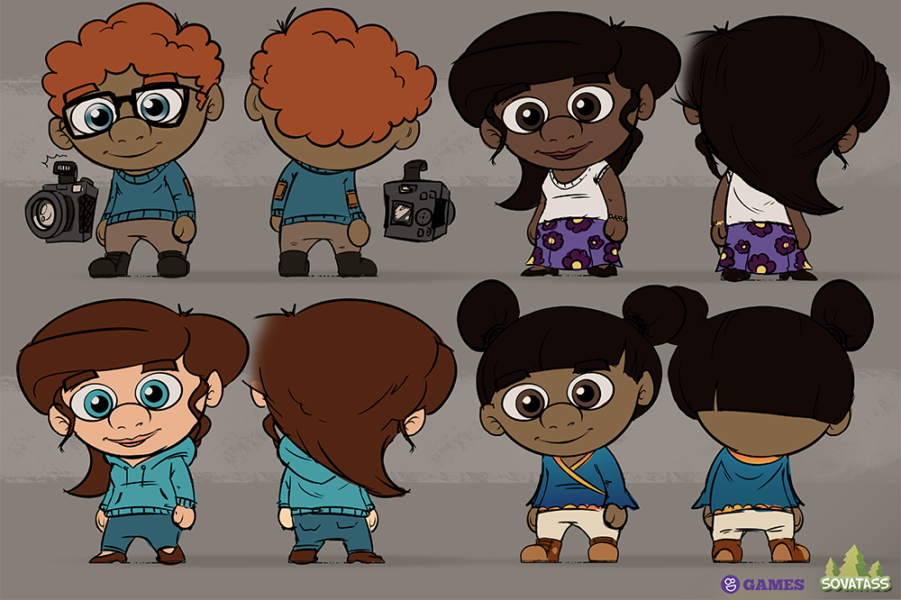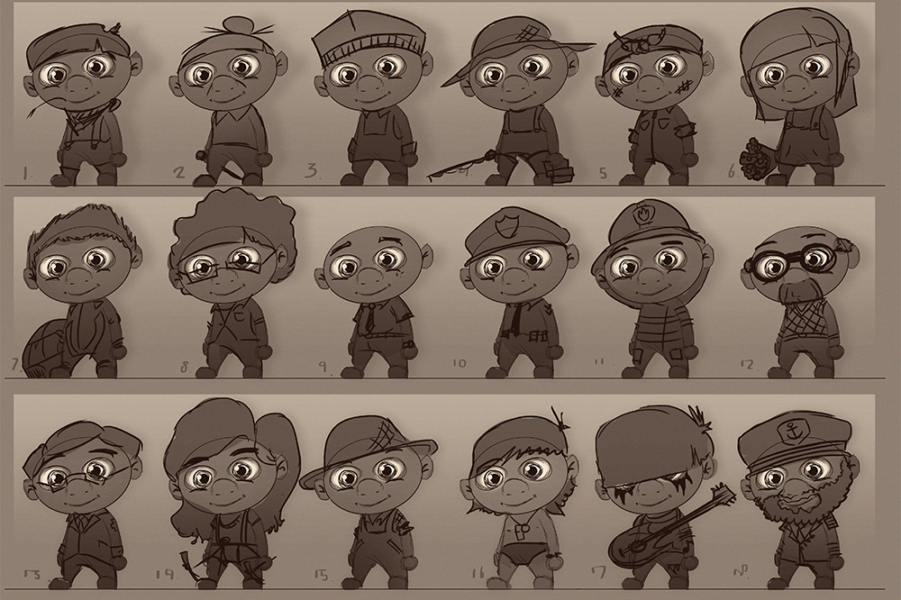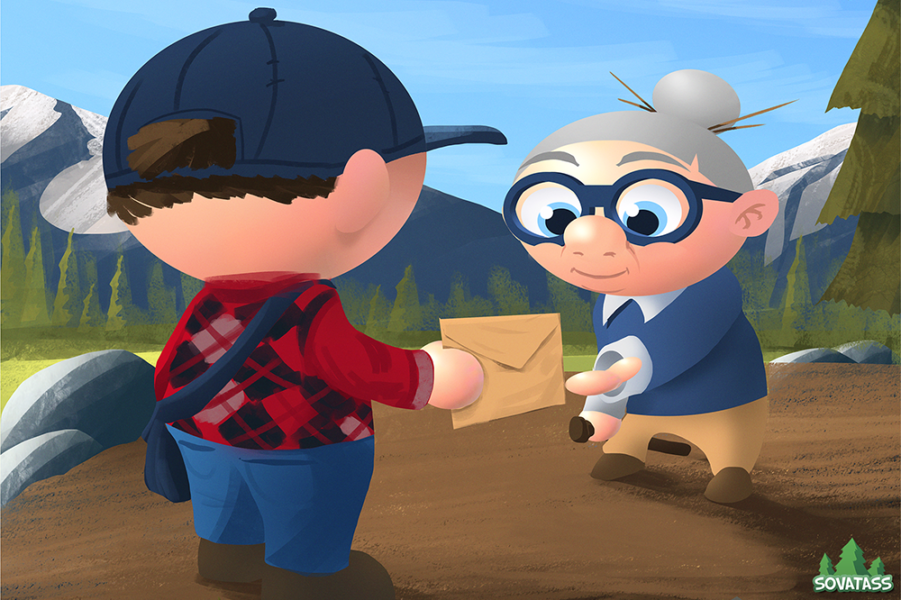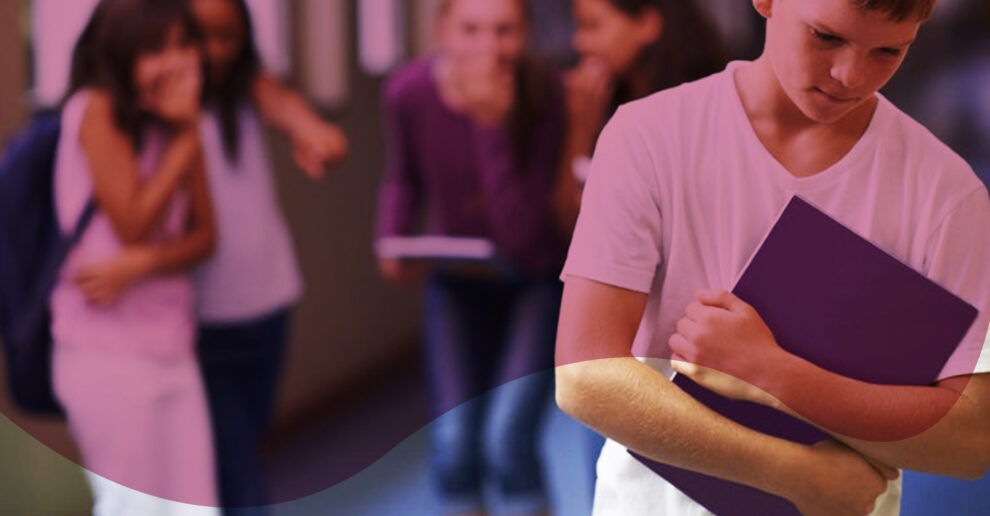SoVaTaSS
Practice game for children with autism
Gaming to improve your social skills: at first glance, it does not seem a logical combination. Yet it can be very pleasant and effective to start practising in a ‘digital’ world, where it is not a problem if something goes wrong. This is proven by the serious game SoVaTass that we developed in collaboration with NHL Stenden and Hanze University Groningen.
The power of learning through play


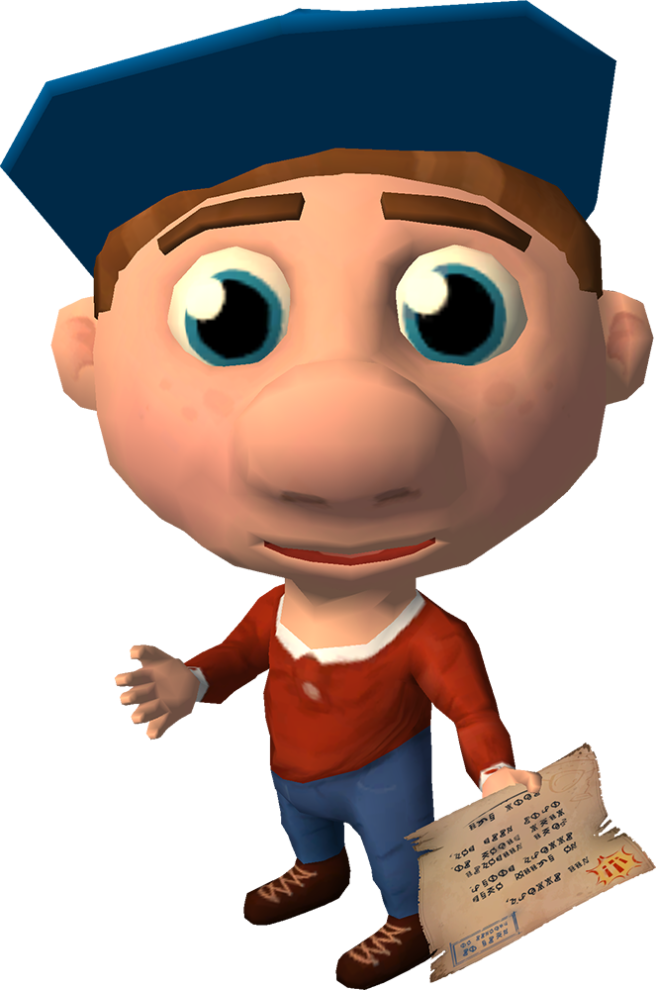
Serious game for children with autism
Children with Autistic Spectrum Disorder (ASS) often have more difficulty with social skills than their peers. The extent to which the disorder manifests itself in everyday life differs for each child. It is often the case that assessing social situations is slightly more difficult. The child often notices this too.
Because this sometimes causes frustration, they avoid these situations and their world becomes smaller and smaller. To prevent this and to help the children on the social plane, 8D Games in cooperation with NHL Stenden and Hanzehogeschool Groningen has developed an exercise game for children with autism: SoVaTaSS.
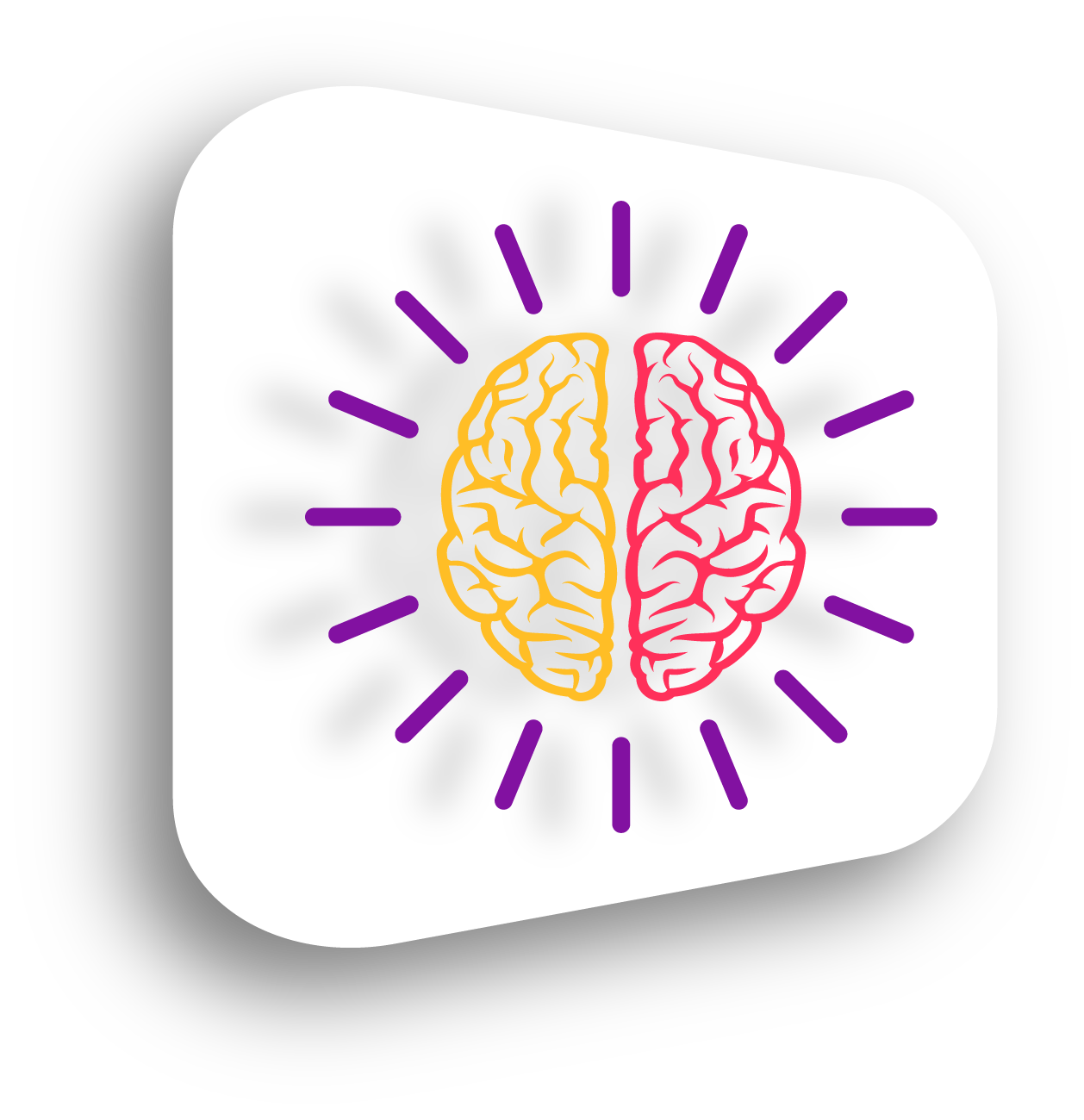 This is how we tackled it
This is how we tackled it
SoVaTaSS is set in a village on an island. We have kept the look and feel of the island and the characters quiet, so that children can concentrate on the tasks at hand: helping the other inhabitants of the island. For example, someone has a problem with his cart and the other needs help with photography. In almost all situations the player learns to recognise emotions and, based on this information, to react appropriately. For example: making a blunt remark to someone who is already angry will make him even angrier. Through the cause-and-effect principle of the game, the player learns which actions lead to which result.
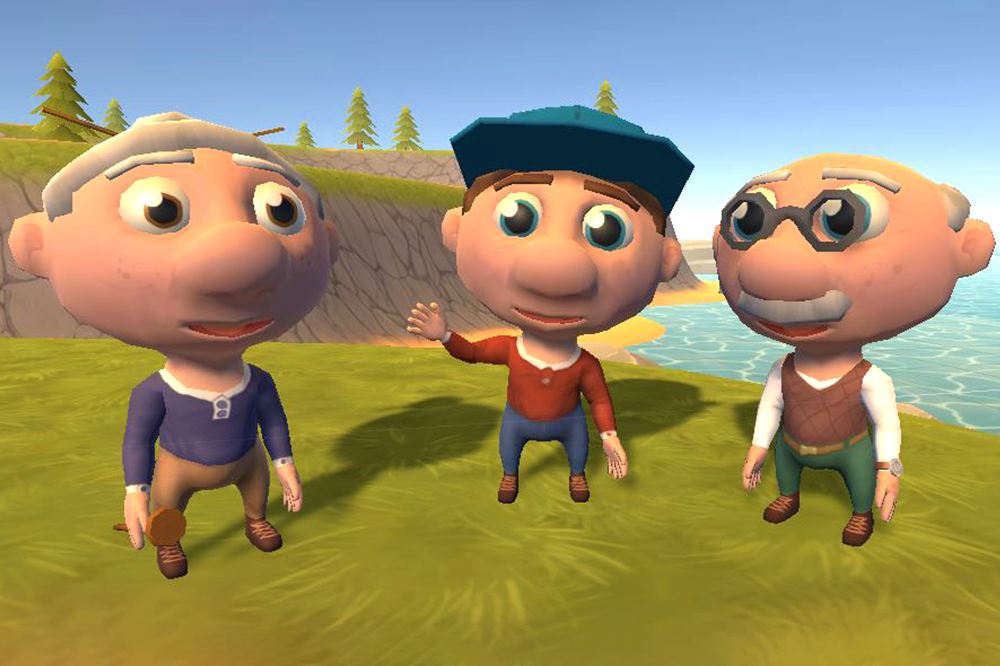
“Playing is a very safe and approachable way to practise social skills. If you make a ‘mistake’, there are no consequences.”
Case: SoVaTaSS

Eigenaar 8D Games

 This power-up we have realised
This power-up we have realised
In the safe environment of SoVaTaSS, various social skills are needed to progress in the game, such as recognising and responding to emotions, being assertive, complimenting and thanking. In this way, the child regains confidence in its own social skills. The learned skills can be immediately applied in the real world!
The development of this training game for children with autism was part of a larger research project led by Dr. Job van ‘t Veer (Lectorate Digital Innovation in Care & Welfare, NHL Stenden).
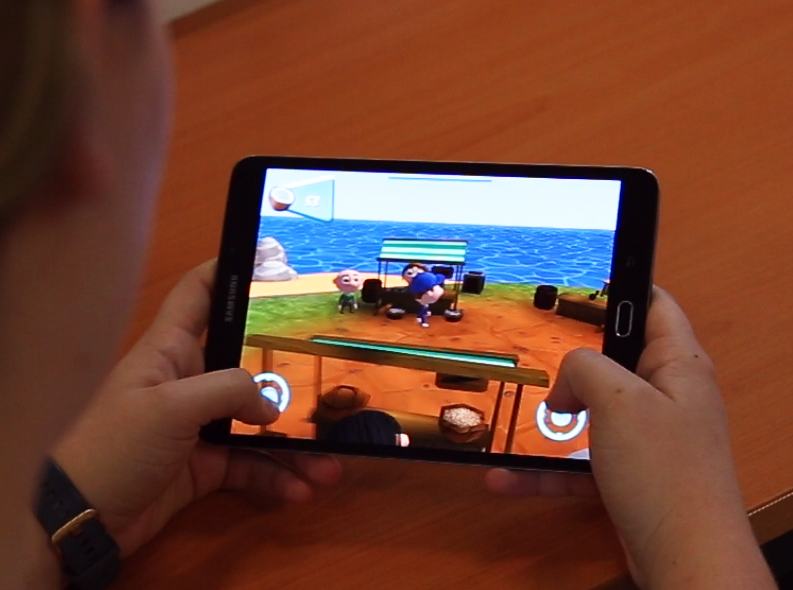
Looking for behavioural change?
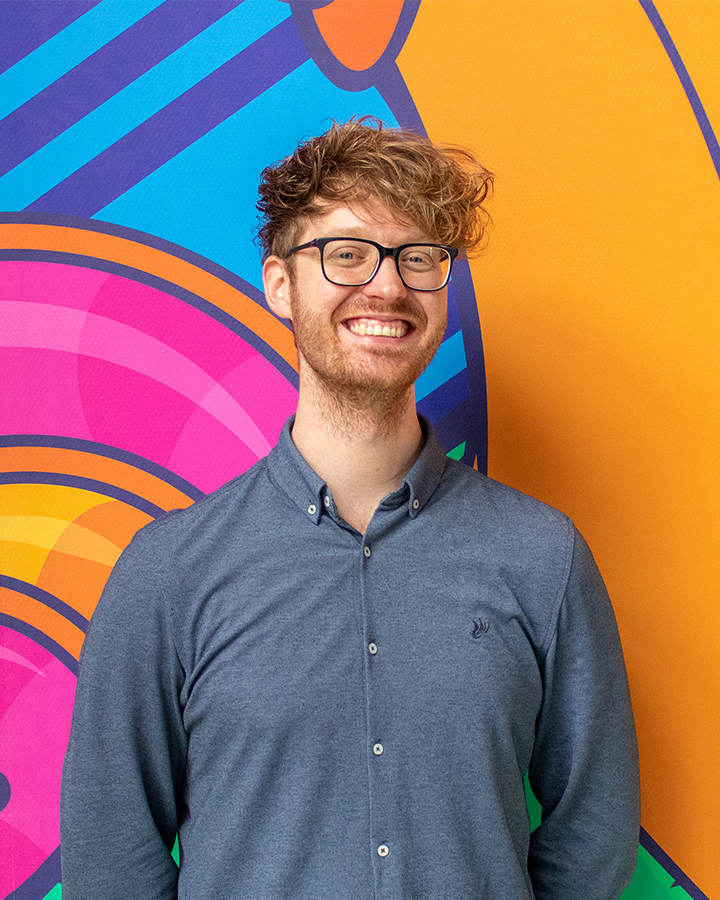
Questions? Need a sparring partner?
Call 058 843 57 57
Mail johan@8d-games.nl
Johan likes to think along!
Launch your project together with us. We will work together with you, your target audience, and all involved to establish a solid foundation for your game or gamification. More competence, less risk.

This project contributes to SDG #4 Quality Education and SDG #10 Reduced inequalities. Sovatass is a positive contribution to Sustainable Development Goals 4 and 10 because it helps children with Autism Spectrum Disorder develop social skills and reduce inequalities by helping them feel more confident and comfortable in social situations. The game provides a safe and fun environment for children to develop their social skills, which are essential for them to be able to participate in society. By providing children with these skills, the game contributes to creating a more equitable society in which everyone has the opportunity to reach their full potential.


